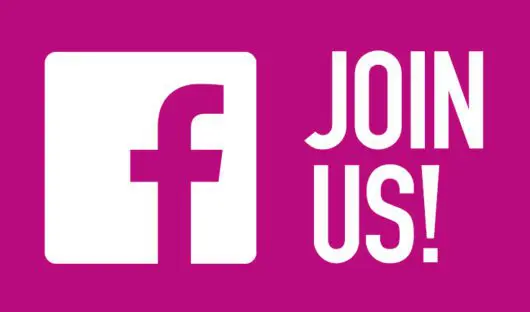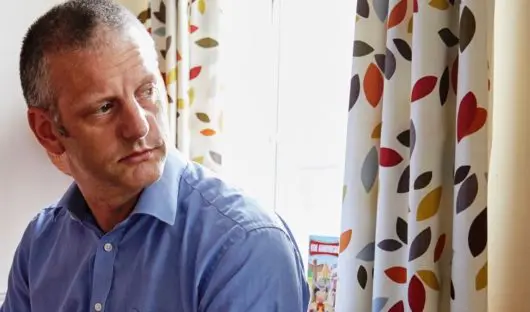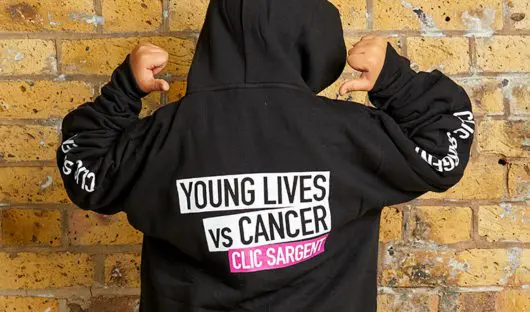Digital support groups for parents and carers of children with cancer
Young Lives vs Cancer offers a variety of digital support programmes and workshops for parents and carers of children with cancer.
These free sessions are led by our Social Care Practitioners, who provide opportunities to focus on key topics, ask questions and connect with others in similar situations.
Click on the groups and workshops below to find out more. You may also find our webinars helpful.
- Digital support group for parents and carers of newly diagnosed children
- Managing emotional wellbeing for me and my child
- Digital support group for bereaved parents and carers
We also have programmes for young people.
Digital support group for parents and carers of newly diagnosed children
This is a eight-week programme for parents and carers whose children (aged 0-16) have been diagnosed recently – usually within the last three months. We cover some of the big topics that come up at this stage in your child’s treatment, and there’s also a focus on getting to know other parents/carers in the same situation and building peer support.
Parents/carers can sign up on their own or as a couple and they must be able to attend most (if not all) of the sessions.
A parent who attended the support group"I have really enjoyed this digital support group and I am going to miss the weekly catch up. It has enabled me to take time for myself without feeling guilty for doing so. The support from other parents and yourselves has been fantastic and I would love to remain in a WhatsApp group to keep in contact and follow each other’s journeys."
If you’d like to join the next group, fill out the form below and choose ‘Parents and carers of newly diagnosed children’. We’ll get in touch with more information and dates when these have been confirmed.
Managing emotional wellbeing for me and my child
This is a two-hour workshop for parents and carers who have a child (aged 0-25) who has cancer. We’ll focus on tips for supporting emotional wellbeing for you and your child during their cancer treatment.
The workshop will take place on Zoom on Thursday 16 May at 12pm. If you’d like to join, please fill out the form below and choose ‘Managing emotional wellbeing for me and my child’. We’ll be in touch with more information.
Digital support group for bereaved parents and carers
This is a six-week programme for parents and carers who’ve lost a child to cancer. It’s a space to talk, listen and find some support with others who understand a little of what you’re going through.
To attend, you need to be at least three months post-bereavement. You also need to not be being supported by another group.
If you’d like to join the next group, fill out the form below and choose ‘Bereaved parents and carers’ group’. We’ll get in touch with more information and dates when these have been confirmed.
After treatment digital support group for parents and carers
This is a two-hour session for parents and carers who have a child (aged 0-25) who has recently finished treatment for cancer. We’ll focus on end of treatment topics for you and your child such as finding your new normal, late effects, returning to education/work and accessing support in the future. The aim of the session is to provide a space to chat with other parent/carer’s in a similar situation, to ask question’s, share worries and to find out what support is available.
If you’d like to join the next group, fill out the form below and choose ‘After treatment digital support group for parents and carers’. We’ll get in touch with more information and dates when these have been confirmed.
Sign up for an online support group
Webinars
These are pre-recorded webinars that can be watched anytime.
Paediatric oncology aftercare
Claire Turner, paediatric oncology aftercare clinical nurse at University Hospitals Bristol and Weston, talks about what to expect at the end of treatment, including follow-up appointments, support with the physical and physiological effects of treatment, and helping a child go back to school.
End of treatment psychology Q&A
Dr Amy Savage, clinical psychologist at University Hospital Southampton, discusses the effect a child’s treatment can have on their parents and carers’ mental health and emotional responses a family may experience at the end of treatment.


